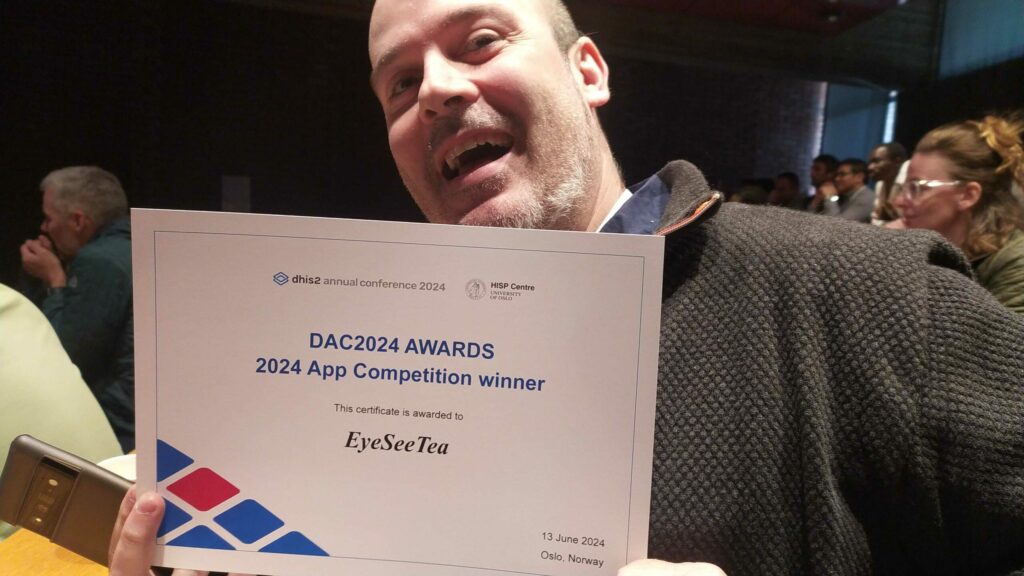EyeSeeTea, Open Software for an Open World
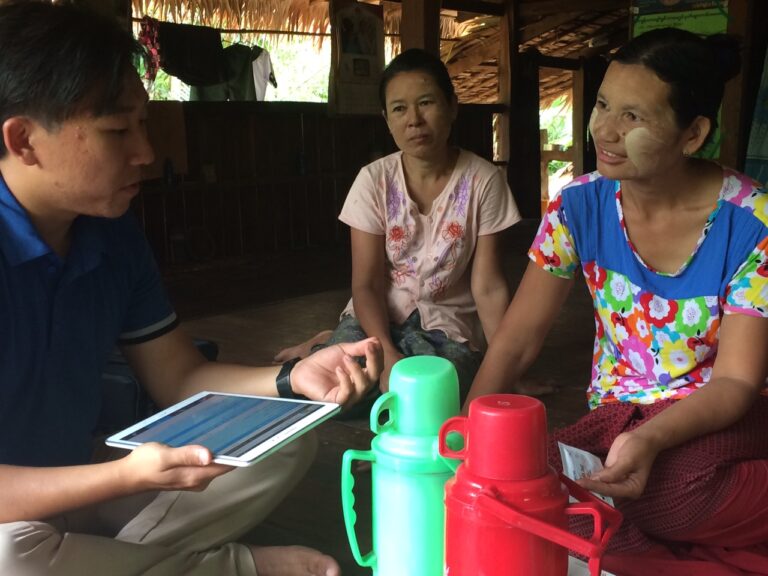
We believe in the power of open-source technology to break down barriers and drive innovation for a better world.
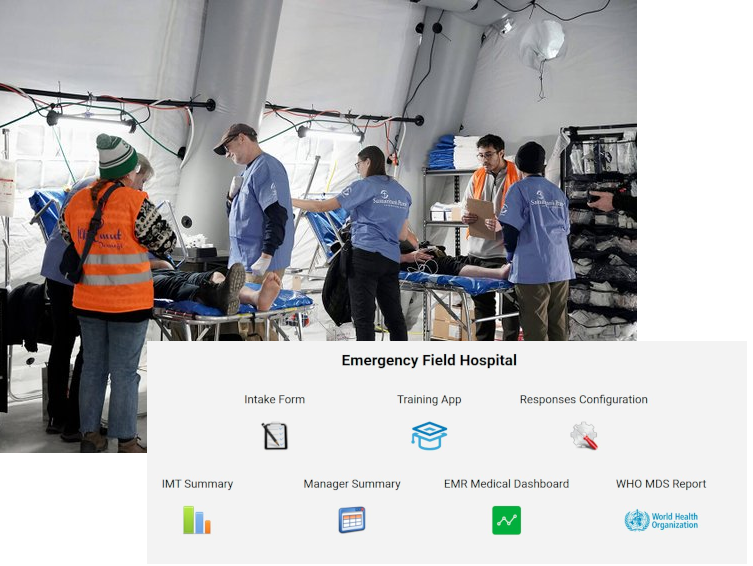
Our Mission
We develop tools to help deliver better healthcare where it is most needed. And we do it the right way: with a focus on both the quality of our work and the well-being of our employees.
Half of the world’s population does not have access to adequate health services. Digital health tools have proven to be a key enabler in helping to make health care more accessible. We contribute to it by developing open-source custom software solutions to collect, visualize and analyze health data.
We work with NGOs, institutions and research centers to create scalable and user-friendly webs and apps, most of them based on DHIS2.
Our Vision
We believe in open software for an open, better world. We envision a world where open-source technologies drive innovation and accessibility, empowering local communities and organizations.
We aim to bridge the gap between technology and human needs, contributing to a more equitable world, where access to health quality services is guaranteed everywhere.
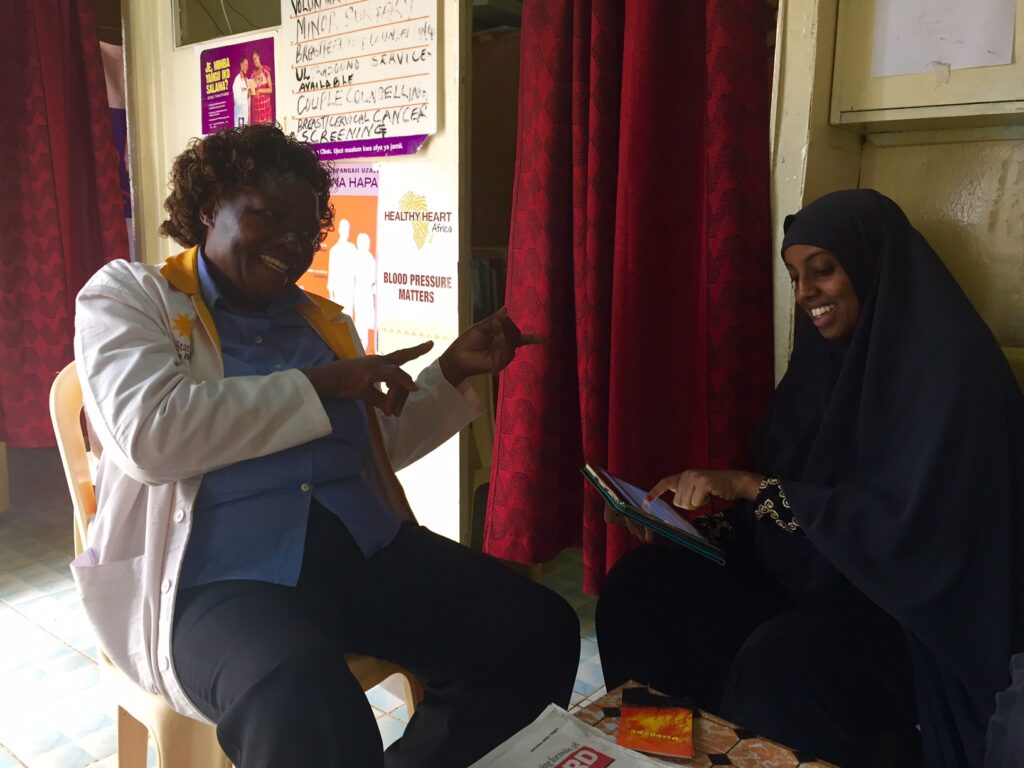
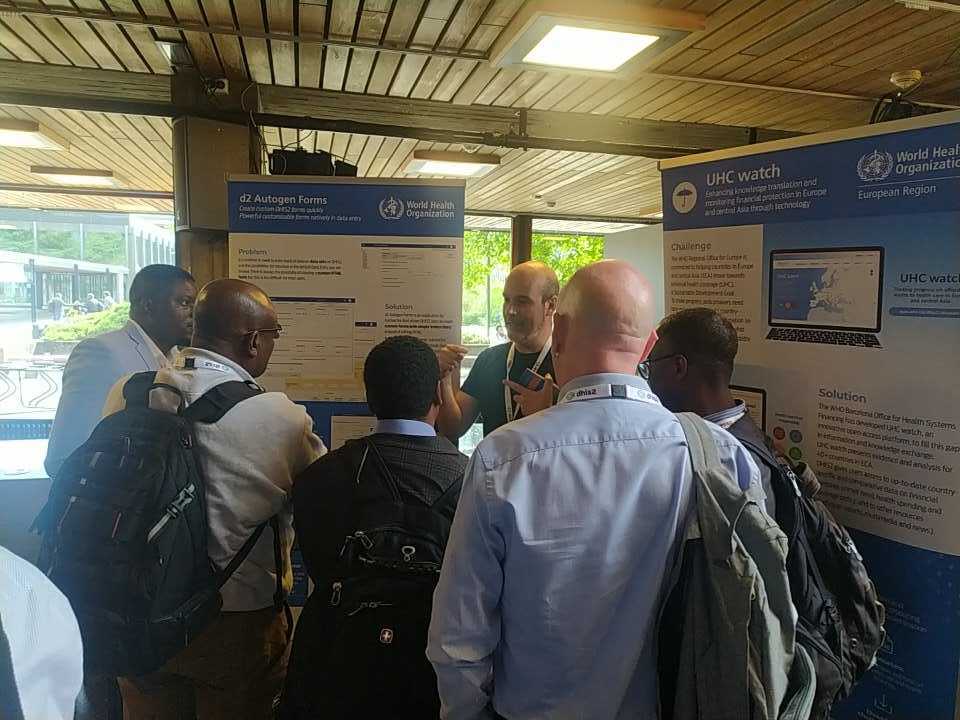
Our history
Back in 2011, EyeSeeTea’s founders, Adrian Quintana and I, Ignacio Foche, came up with the idea of setting up a company that would bring together our interests in open-source and cooperation development. We met while working on our Thesis in Telecommunication Networks for Developing Countries, both specializing in implementing IT solutions in isolated rural areas. Even then, we were tech enthusiasts with a real passion for open-source software and hardware.
We quickly saw the huge potential of DHIS2 and were part of the few pioneering developers who made this open-source platform a global success. We were really proud to develop the first Android app fully compatible with DHIS2 back in 2015.
This journey, which has been shaped by radical openness and unwavering dedication, has led to a consolidated IT company with an international and diverse team of more than 20 people.
Our goal is to not be yet another tech company. Our culture is to put workers’ happiness at the center.
